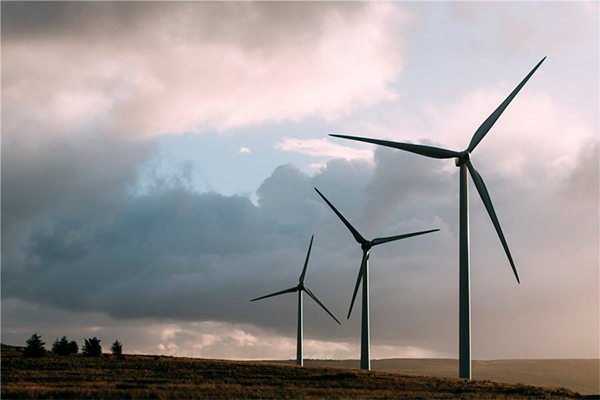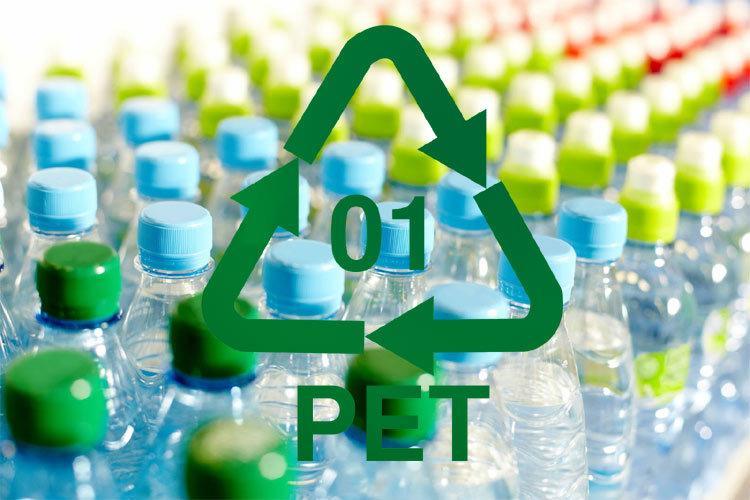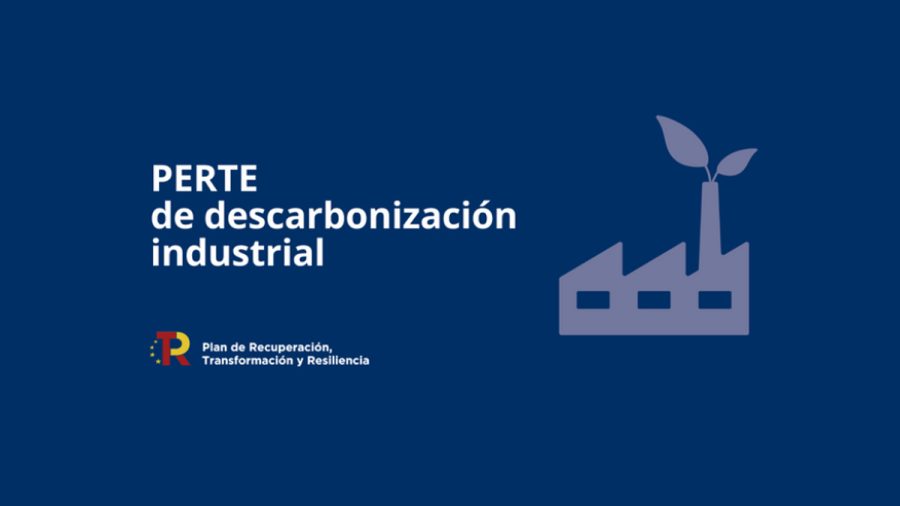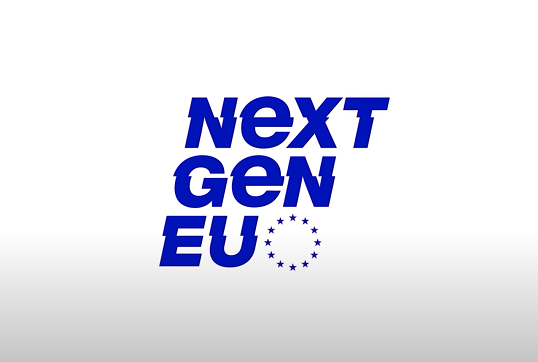The EU has completed the review of its energy policy regulatory framework, which sets the regulatory preconditions for the clean energy transition and puts the EU on track to meet its commitments under the Agreement from Paris This week the Council approved the four remaining legislative files of the "Clean energy for all Europeans" package
New legislation adopted includes an Electricity Regulation and Directive that will make the EU electricity market more interconnected, consumer-focused and flexible. The Electricity Risk Preparedness Regulation will ensure the security of electricity supply in crisis situations. The legislative package also includes the review of the role and operation of ACER, the Agency for the Cooperation of Energy Regulators.
The Commissioner for Climate Action and Energy, Miguel Arias Cañete, said “This is the most ambitious set of energy proposals presented by the European Commission. It has been adopted in record time with the impressive support of the European Parliament and the Council. With its completion, we have made the EU Energy Union, one of the ten political priorities of the Juncker Commission, a reality. I really believe it will accelerate the clean energy transition and give all Europeans access to secure, competitive and sustainable energy.”
The Clean Energy for All Europeans package strikes the right balance between EU, national and local decision-making. Member States will continue to choose their own energy mix, but must meet new commitments to improve energy efficiency and the use of renewable energy in this mix by 2030. For example, the new rules on the energy market electricity, which were adopted this week, should facilitate the integration of renewable energy into the grid, should encourage more interconnections and cross-border trade, and should ensure that the market provides reliable signals for future investments. The new rules also require Member States to draw up plans to prevent, prepare for and manage potential electricity supply crisis situations in coordination with neighboring Member States.
With the approval of the four files, the last step of the legislative procedure is completed. They will enter into force after their publication in the Official Gazette.
Directive and Regulation on electricity
The new EU electricity market regulatory framework aims to make it competitive, more flexible and consumer-focused. It gives more rights to consumers and facilitates their participation in the market as active consumers. Allowing electricity suppliers to set their own prices will limit market distortions, increase competition and lower prices for consumers. Thanks to the new regulations on trade and balance responsibilities, the electricity system will be able to accommodate the variable generation of electricity from renewable sources. Finally, the new rules also include a new framework for capacity mechanisms, with an emission limit of 550 g of CO2 from fossil fuels per kWh of electricity.
Full text of the Electricity Directive.
Full text on the Electricity Regulation.
Preparation against risks in the electricity sector
A new framework for preparing for, preventing and managing electricity crises will strengthen energy security across the EU. with the new Regulation, Member States will have to draw up risk preparedness plans based on regional and national crisis scenarios. It also foresees that cooperation will increase and that the provision of assistance between Member States in the event of an electricity crisis will be easier.
DO
In the new Regulation the role and operation of the Agency for the Cooperation of Energy Regulators (ACER) are updated, in particular with the review of the tasks and powers of its director and its Council of Regulators. The role of supporting the regulatory supervision of European entities in the field of energy is also strengthened.







